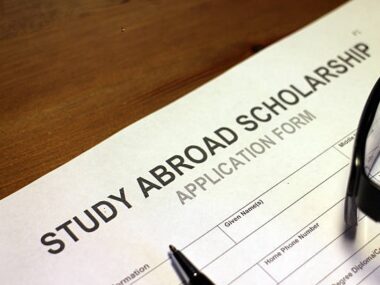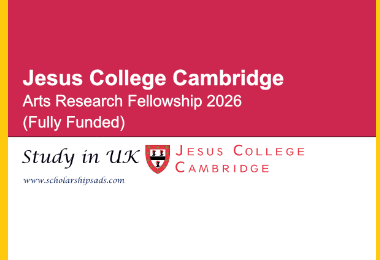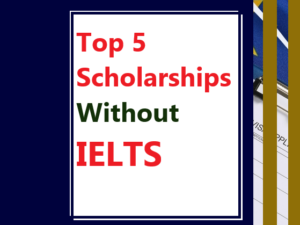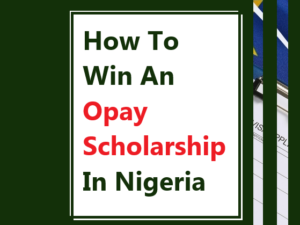Paying for college comes with more than just tuition—it includes books, housing, transportation, and day-to-day expenses. While federal student loans typically disburse directly to your school, some private student loans can deposit funds directly into your bank account.
In this complete 2025 guide, we break down everything you need to know about private student loans that go directly to you, including how they work, top lenders, eligibility criteria, and what to watch out for before applying.
What Are Private Student Loans That Go Directly to You?
Unlike traditional student loans that are sent straight to your school’s financial aid office, some private lenders offer loans that disburse directly to the borrower (you). These loans can be used for off-campus housing, study abroad programs, laptops, transportation, or any educational expense not billed directly by your college.
They are sometimes known as direct-to-consumer (DTC) student loans.
How Direct-to-Consumer Student Loans Work
- You apply with a private lender.
- If approved, the funds are deposited directly into your bank account.
- You’re responsible for using the funds to pay for school-related expenses.
- Repayment typically starts after a grace period post-graduation.
Be careful: With more control comes more responsibility. These loans should only be used for education-related expenses.
Top Private Lenders That Send Funds Directly to You
Not all private lenders offer direct disbursement to students, but here are some top options in 2025 that do:
1. Earnest
- Loan Amount: Up to full cost of attendance
- APR: 4.49% – 13.03%
- Repayment: Defer, interest-only, or full payment
- Direct Disbursement?: ✅ Yes, depending on school policy
2. Funding U
- Best For: Students without a cosigner
- Loan Cap: $20,000/year
- Direct Disbursement?: ✅ Offers direct-to-student loans
3. MPOWER Financing
- Focus: International and DACA students
- Loan Amount: Up to $50,000 total
- APR: Fixed 7.52% – 13.63%
- Direct Disbursement?: ✅ Yes, supports direct transfer in many cases
4. Ascent Independent Student Loans
- No Cosigner Option
- Loan Amount: Up to $20,000/year
- Direct Disbursement?: ✅ Available under their non-certified loan option
5. A.M. Money
- Eligibility: GPA-based, not credit-score-based
- Loan Type: Non-certified, funds go directly to students
- Bonus: Income-based repayment options
Note: Always verify with the lender whether the loan will be certified (school-mediated) or non-certified (direct disbursement).
Certified vs. Non-Certified Student Loans
| Feature | Certified Loans | Non-Certified (Direct-to-You) Loans |
| Disbursement | Sent to school | Sent to borrower directly |
| Amount | Limited to school-certified cost | Depends on lender’s max cap |
| Usage | Tuition, fees | Broader education-related uses |
| Oversight | Verified by financial aid office | No school intervention |
| Risk | Lower misuse risk | Higher borrower responsibility |
Who Should Consider a Private Loan Sent Directly to You?
- Students living off-campus who need to cover rent, food, or transportation
- Study abroad participants needing flexible funding
- Students whose school has delayed disbursement schedules
- Learners who have unexpected academic costs mid-term
- Individuals attending unaccredited programs not eligible for federal aid
Warning: These loans should not be used for personal consumption or non-educational spending.
Eligibility Requirements for Direct Private Loans
Most lenders require:
- Enrollment at an eligible institution (sometimes optional for non-certified loans)
- Proof of income or cosigner
- Good credit or creditworthy cosigner
- Age 18+ and U.S. citizenship or visa status
- Verification of education-related need
Some lenders like MPOWER or A.M. Money offer loans without a credit check or cosigner—ideal for marginalized students.
How to Apply for a Direct-to-You Private Student Loan
Step-by-Step Process:
- Compare Lenders
Use online tools to check rates and terms. - Pre-Qualify
Many lenders allow a soft credit check to view offers. - Complete the Application
Submit academic info, school name, desired loan amount. - Provide Documents
Upload ID, proof of income or enrollment, and bank details. - Select Direct Disbursement Option
Confirm with the lender that the loan bypasses the school. - Accept & Sign the Loan Agreement
Review interest, fees, and your obligations. - Receive Funds in Your Bank Account
Typically within 5–10 business days after approval.
Pros and Cons of Direct Disbursement Loans
Pros:
- Flexible use of funds
- Faster access than school-certified loans
- Useful for students in non-traditional programs
- Ideal for emergency or off-cycle costs
Cons:
- Easier to misuse
- No oversight by school = risk of over-borrowing
- Often comes with higher interest rates
- Not eligible for federal protections or forgiveness
How These Loans Affect Your Credit
Direct private student loans impact your credit just like other forms of borrowing:
- On-time payments boost your credit score
- Late or missed payments hurt your credit
- Cosigner involvement means they are liable too
Tip: Set up auto-pay to lower your interest rate and avoid missed deadlines.
Tips to Use Direct Loan Funds Wisely
- 🏠 Prioritize essentials: rent, groceries, transportation
- 💻 Invest in education tools: laptop, software, materials
- 🧾 Track every expense in a budget spreadsheet
- 📆 Schedule loan repayment reminders
- 📉 Don’t borrow more than necessary
Can You Refinance Direct-to-You Student Loans?
Yes. Once you graduate or have a stable income, refinancing can help you:
- Lower your interest rate
- Extend or shorten repayment terms
- Consolidate multiple loans
- Remove a cosigner
Top refinance lenders include SoFi, Earnest, and Laurel Road—all AdSense-friendly high CPC topics as well!
Frequently Asked Questions (FAQ)
Q1: Can a private student loan be deposited directly into my bank account?
Yes. Some private lenders offer non-certified loans that are deposited directly to the student.
Q2: Is a direct-to-consumer loan better than a certified loan?
It depends. Certified loans are safer but less flexible. Non-certified loans offer freedom but require financial discipline.
Q3: Are these loans available to international students?
Yes. MPOWER and A.M. Money cater to international and undocumented students.
Q4: Do I need a cosigner?
Most direct-to-you private loans require one unless the lender offers no-cosigner options.
Are Private Student Loans That Go Directly to You a Good Idea?
If used responsibly, private student loans that disburse directly to you can be a powerful way to cover academic expenses that don’t fall under traditional school bills. However, these loans come with fewer guardrails—so you must budget carefully and borrow only what you need.
Be sure to compare lenders, understand the terms, and plan for repayment. With smart financial habits, these loans can bridge the gap in your college funding journey.










